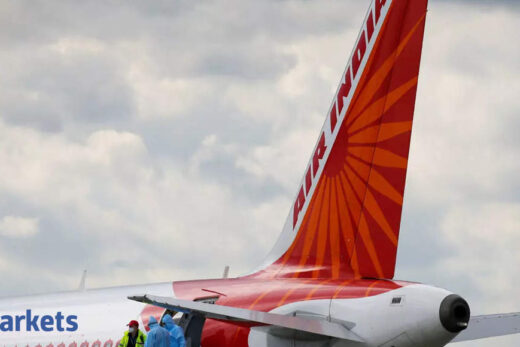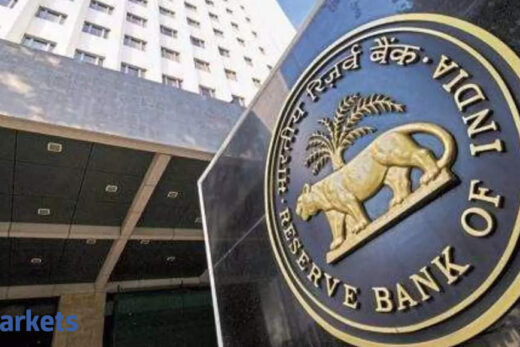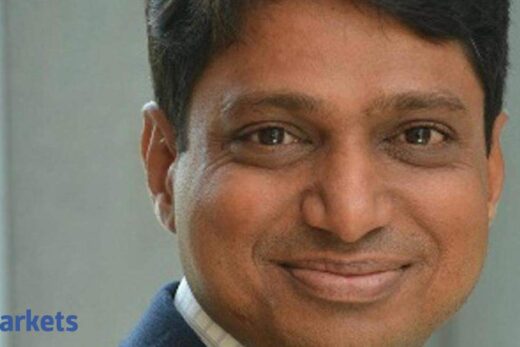At the same time, Harish Salve, the senior lawyer representing FRL, said also his client had not signed an arbitration agreement with Amazon.
The argument that “FRL has signed an agreement and now reneging is wrong,” Salve told the bench of Justices Rohinton Fali Nariman and BR Gavai. “I have never signed an agreement with Amazon.”
The court, meanwhile, said it would decide whether the Singapore’s emergency arbitrator award was valid under Indian law and if it could be enforced, Press Trust of India reported.
Future Group’s lawyers have been arguing for months – first in the Delhi High Court and then in the Supreme Court – that it was a promoter company, Future Coupons, that had a direct shareholder agreement with Amazon and the listed FRL had nothing to do with it.
Amazon in turn has been arguing that FRL must require its consent for selling assets as per a 2019 agreement, when the US ecommerce giant made an around ₹1,500 crore investment in Future Coupons that directly holds 9.8% of FRL.
The Supreme Court was hearing a petition filed by Amazon in April, challenging a March order by a Delhi High Court division bench quashing the order of a single-judge bench.
The single-judge bench had ordered attachment of Future Group founder Kishore Biyani’s properties for allegedly violating the October 2020 emergency award of the Singapore arbitrator, restraining Future Retail from proceeding with its ₹25,000-crore sale of assets to
Retail until it decided on Amazon’s petition.
Salve said the Reliance deal could save the company from the brink of collapse, saving jobs and paying off debts.



